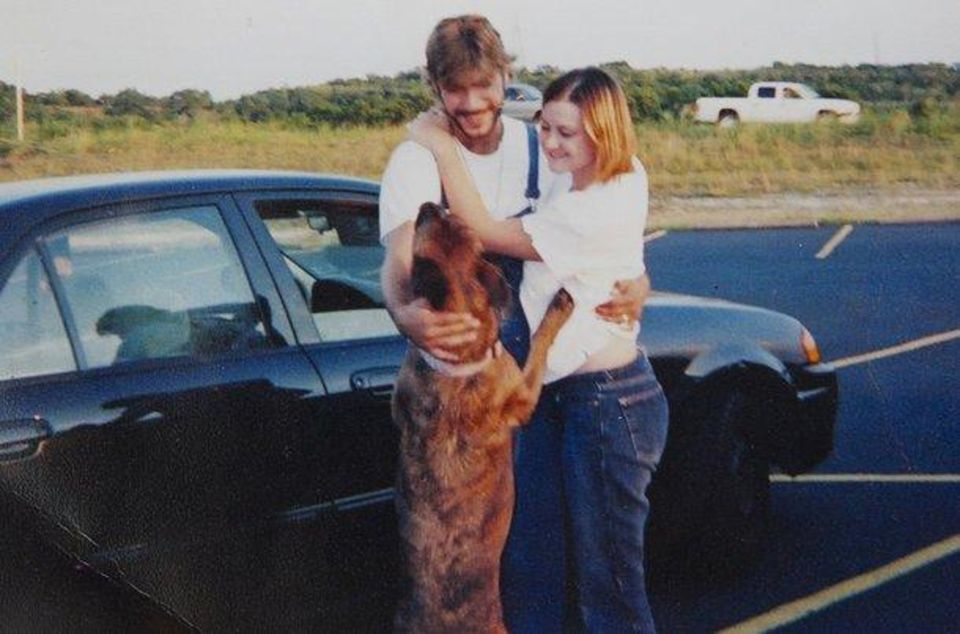
A few years ago, Avery, a beloved family dog, escaped from his yard and was picked up by an animal control officer. When the family went to claim Avery, they could not: the shelter had killed him. The family sued and as the No Kill Advocacy Center, my organization, unsuccessfully argued in court in support, while Avery’s family can find another dog; try as they might, they will never find another Avery. Tragically, the Texas Supreme Court disagreed and ruled that since Avery had no “market value,” he wasn’t worth anything.
Animals Are Not Mere “Property”
Given the profound nature of the relationships that often develop between people and their companion animals—the love, the mutual affection and often, the emotional dependence—is it too much to ask that our legal system recognize the importance of such relationships? That when others who have been entrusted to responsibly care for our animal companions fail to do so, that the loved ones negatively impacted or left behind as a result of that failure are compensated in a manner that adequately reflects the depth of their suffering or loss?
Tragically, the very industries which benefit most from the love and concern people have for their four-legged family members—veterinary medical associations, the pet food industry, pet product manufacturers, and others—have fought efforts to increase compensation for the victims of such harm by encouraging courts to rely on 19th century case law that held animals are mere property and by disingenuously claiming failure to do so will lead to skyrocketing costs that would preclude anyone but the rich from being able to pay for boarding, veterinary care, and other services. But this is nothing more than fear mongering and is designed to obscure their true motivation: profit.
Industry Fear Mongering
Thankfully, some courts have ignored the fear mongering and agreed that they should, awarding damages for sentimental value, mental anguish, and loss of companionship, holding correctly that when people fail to act with reasonable care, the persons whose animal companions are unnecessarily, improperly, and often illegally hurt or killed should be compensated. Despite these awards, the claims of the industries that have opposed such compensation have not come true. Contrary to their predictions of doom and gloom, veterinarians across the country, including those in states which do award these damages, are not facing particularly burdensome insurance premiums: for less than $500 a year, a small-animal veterinary practitioner can purchase $5,000,000 of coverage. In addition, the veterinary industry itself determined that if emotional damages for companion-animal loss were allowed up to $25,000, insurance premiums would rise by only $212 per year, which amounts to—on average—a mere 13 cents per customer. Even if rates “‘skyrocketed’ by 100 times their current level,” the average increased cost per pet-owning household would be $11.50. The sky is in no danger of falling.
Members of veterinary associations, and indeed all producers of goods and services for animal companions, owe their livelihoods to the animal loving public’s love of their companions. It is, therefore, the very sentimental attachment that people have for their animal companions that compels people to collectively spend $60 billion annually on those animals.
As long as these groups are shielded from liability, they have little incentive to provide better care or safer products. If anything, the availability of sentimental-value damages would encourage veterinarians, shelter workers, animal-control officers, pet food manufacturers, and other animal-service providers to act with reasonable care and thereby reduce—not increase—the number of injuries to or deaths of companion animals.
For further reading:
————-
Have a comment? Join the discussion by clicking here.